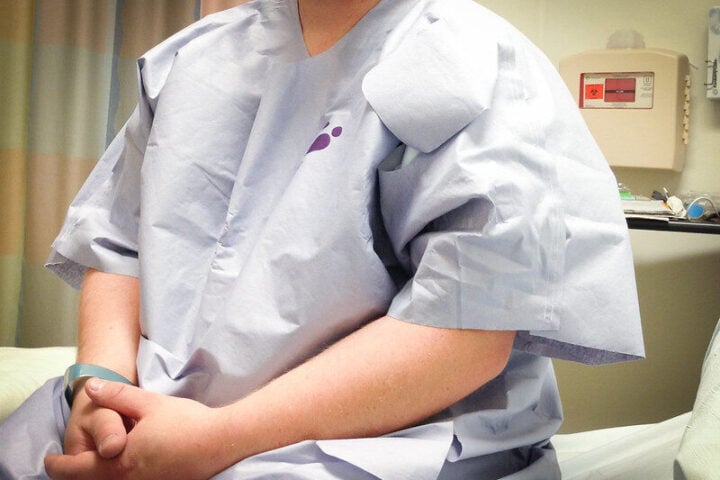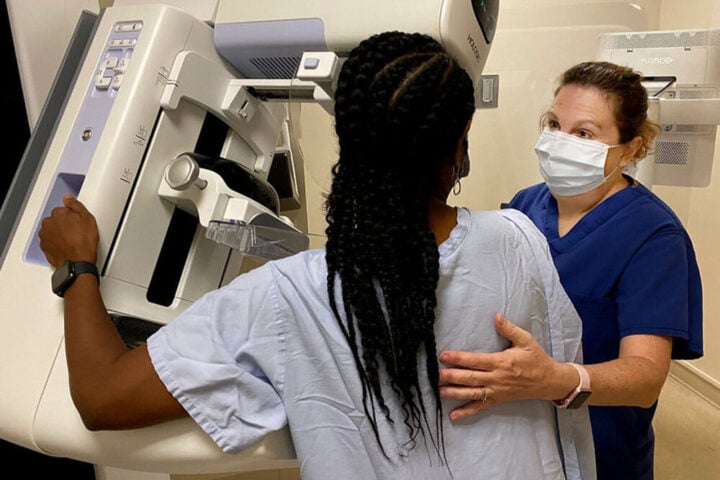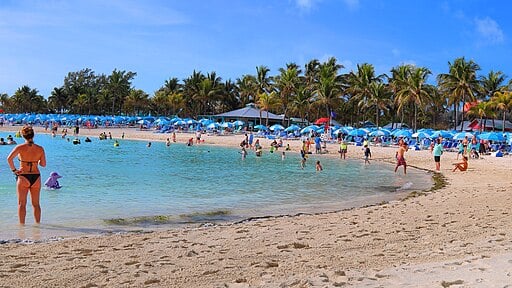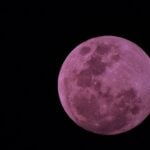Axiom Space’s fourth private astronaut mission will carry astronauts from four nations to conduct cutting-edge research aboard the International Space Station
Mission Opened
Axiom Space has officially opened media accreditation for the upcoming Axiom Mission 4 (Ax-4), scheduled to launch no earlier than spring 2025 from NASA’s Kennedy Space Center in Florida. The mission will utilize a SpaceX Falcon 9 rocket to propel a Crew Dragon spacecraft to the International Space Station (ISS).
Overview and Launch Details
The Ax-4 mission represents the fourth private astronaut mission by Axiom Space to the ISS, with the crew expected to spend approximately 14 days conducting scientific research, technology demonstrations, educational outreach, and commercial activities in the microgravity environment.
Multinational Crew Composition
Ax-4 features a truly international crew lineup:
- Commande Peggy Whitson– A veteran astronaut and former NASA astronaut who now serves as Axiom Space’s Director of Human Spaceflight and Chief Astronaut
- Pilot Shubhanshu Shukla – An Indian test pilot and Group Captain in the Indian Air Force, he will be one of the first from the Indian Human Spaceflight Programme to fly on a private mission
- Mission Specialist Sławosz Uznański-Wiśniewski – An ESA project astronaut from Poland who will lead the “Ignis” mission segment, marking Poland’s first manned mission since Mirosław Hermaszewski’s flight on Soyuz 30
- Mission Specialist Tibor Kapu – A Hungarian mechanical engineer selected under Hungary’s HUNOR programme, potentially becoming the third Hungarian in space after Bertalan Farkas and Charles Simonyi
The “Ignis” Mission: Poland’s Scientific Initiative
A key component of Ax-4 is the “Ignis” mission, sponsored by the Polish government and supported by ESA. This ambitious scientific and technological program includes 13 Polish experiments focusing on:
- Effects of microgravity on the human immune system
- Nanomaterials behavior in space
- Cosmic radiation sensors development
- Kp lab data processing designed to leverage AI for processing space data
This mission represents a historic milestone for Poland’s space program and demonstrates the country’s growing capabilities in space research and technology.
Additional Scientific Experiments
Beyond the Polish scientific program, the Ax-4 mission will support various research initiatives, including the “Suite Ride” study. This pioneering experiment aims to explore possibilities for enabling space travel for insulin-dependent diabetics, potentially opening space access to a broader population.
Similar Posts
Media Accreditation Process and Deadlines
Journalists, photographers, and social media content creators interested in covering the Ax-4 launch must adhere to the following deadlines:
- International media (non-US citizens): Applications due by 05:59 CEST Friday, April 18, 2025
- US media: Applications due by 05:59 CEST Saturday, May 10, 2025
Key Requirements:
- Two forms of valid government-issued identification, with at least one photo ID
- Non-US citizens born outside the US must present their passport at Kennedy Space Center for credential verification
- Application completeness and accuracy is essential, as incomplete applications will not be considered
- On-base access is not guaranteed for all applicants
For detailed requirements and to complete the application process, international media should fill out the dedicated form for non-US citizens, while US media must complete the form for US citizens.
International Collaboration and Expert Perspectives
NASA’s Dana Weigel, manager of the ISS Program, has emphasized that private astronaut missions like Ax-4 are instrumental in expanding access to microgravity research and supporting the development of a sustainable low-Earth orbit economy.
Polish officials, including Prime Minister Donald Tusk, have highlighted the mission as a historic leap forward for Poland’s space sector, underscoring the national importance of the “Ignis” segment.
The diverse crew composition exemplifies the growing international participation in space exploration through commercial missions, bringing together astronauts from the United States, India, Poland, and Hungary in a shared pursuit of scientific advancement.
Additional Information and Resources
For media inquiries about the mission, contact [email protected]. For ESA-specific questions, contact [email protected].
High-resolution images of ESA project astronaut Sławosz Uznański-Wiśniewski and other mission-related visuals are available through the ESA Photo Library. Video content can be accessed via ESA’s Video Library. Both resources are subject to ESA’s copyright terms and conditions.

Follow ESA astronaut Sławosz Uznański-Wiśniewski on social media platforms including Instagram (@astro_slawosz), X (@astro_slawosz), Bluesky (@astro-slawosz.bsky.social), Facebook, and LinkedIn for mission updates.
Frequently Asked Questions
Axiom Mission 4 (Ax-4) is the fourth private astronaut mission organized by Axiom Space to the International Space Station (ISS). The mission is scheduled to launch no earlier than spring 2025 from NASA’s Kennedy Space Center in Florida using a SpaceX Falcon 9 rocket and Crew Dragon spacecraft. The crew will spend approximately 14 days on the ISS conducting scientific research, technology demonstrations, educational outreach, and commercial activities.
The Ax-4 mission features a multinational crew of four astronauts:
- Commander Peggy Whitson – A veteran NASA astronaut who now serves as Axiom Space’s Director of Human Spaceflight and Chief Astronaut
- Pilot Shubhanshu Shukla – An Indian test pilot and Group Captain in the Indian Air Force
- Mission Specialist Sławosz Uznański-Wiśniewski – An ESA project astronaut from Poland who will lead the “Ignis” mission segment
- Mission Specialist Tibor Kapu – A Hungarian mechanical engineer selected under Hungary’s HUNOR programme
The “Ignis” mission is a key component of Ax-4 sponsored by the Polish government and supported by ESA. It represents Poland’s first manned mission since Mirosław Hermaszewski’s flight on Soyuz 30 and includes 13 Polish experiments focusing on:
- Effects of microgravity on the human immune system
- Nanomaterials behavior in space
- Cosmic radiation sensors development
- Kp lab data processing designed to leverage AI for processing space data
This mission marks a historic milestone for Poland’s space program and demonstrates the country’s growing capabilities in space research and technology.
The “Suite Ride” study is a pioneering experiment that will be conducted during the Ax-4 mission. It aims to explore possibilities for enabling space travel for insulin-dependent diabetics, potentially opening space access to a broader population. This research could be significant for making spaceflight more inclusive and accessible to people with certain medical conditions that have traditionally been prohibitive for space travel.
Media professionals interested in covering the Ax-4 launch must adhere to specific deadlines:
- International media (non-US citizens): Applications due by 05:59 CEST Friday, April 18, 2025
- US media: Applications due by 05:59 CEST Saturday, May 10, 2025
Key requirements include two forms of valid government-issued identification (at least one with a photo), and non-US citizens born outside the US must present their passport at Kennedy Space Center for credential verification. International media should fill out the dedicated form for non-US citizens, while US media must complete the form for US citizens. For further details, contact [email protected].
According to NASA’s Dana Weigel, manager of the ISS Program, private astronaut missions like Ax-4 are instrumental in:
- Expanding access to microgravity research
- Supporting the development of a sustainable low-Earth orbit economy
- Increasing international participation in space exploration
- Bringing together astronauts from different countries (in this case, the United States, India, Poland, and Hungary) in a shared pursuit of scientific advancement
These missions demonstrate how commercial space initiatives are creating new opportunities for countries to participate in space research and exploration that might not otherwise have direct access to the ISS.
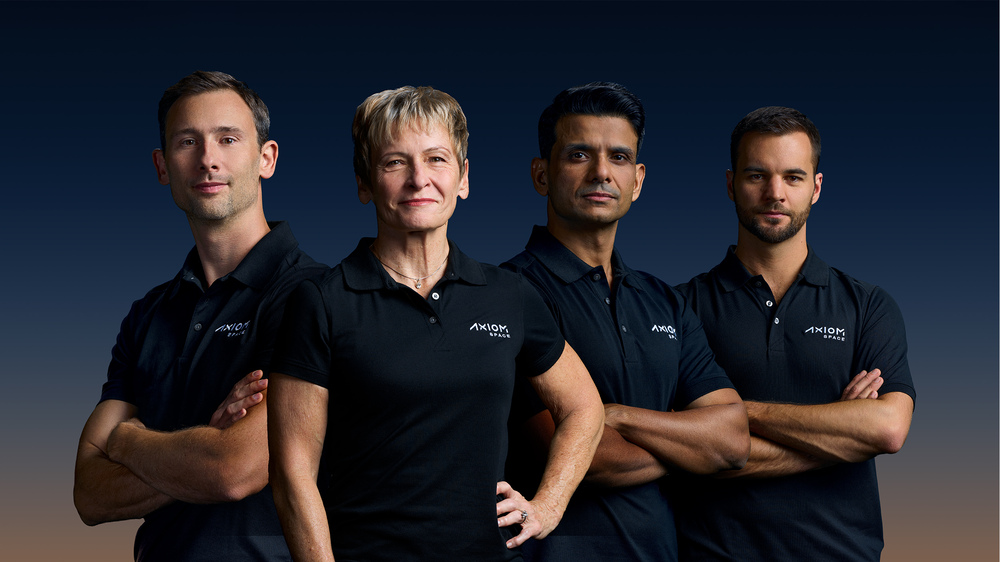




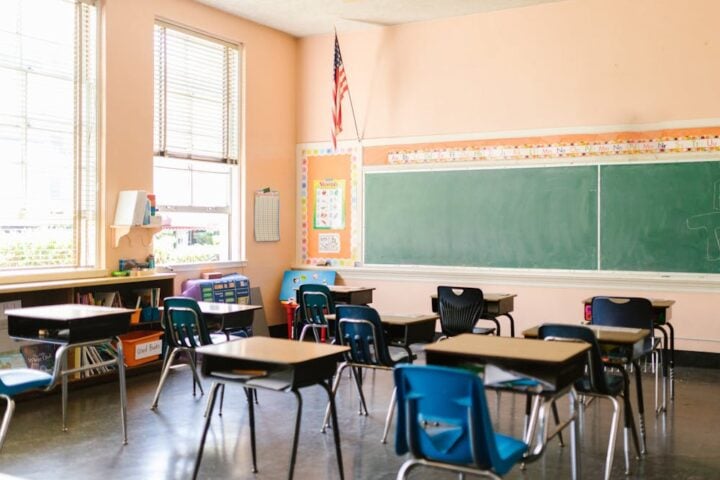
![Representative Image: European Starling [49/366]. Photo Source: Tim Sackton (CC BY-SA 2.0)](https://www.karmactive.com/wp-content/uploads/2025/04/Starlings-Drop-82-in-UK-Gardens-as-Birdwatch-2025-Reveals-Record-Low-Count-Since-1979-720x480.jpg)
